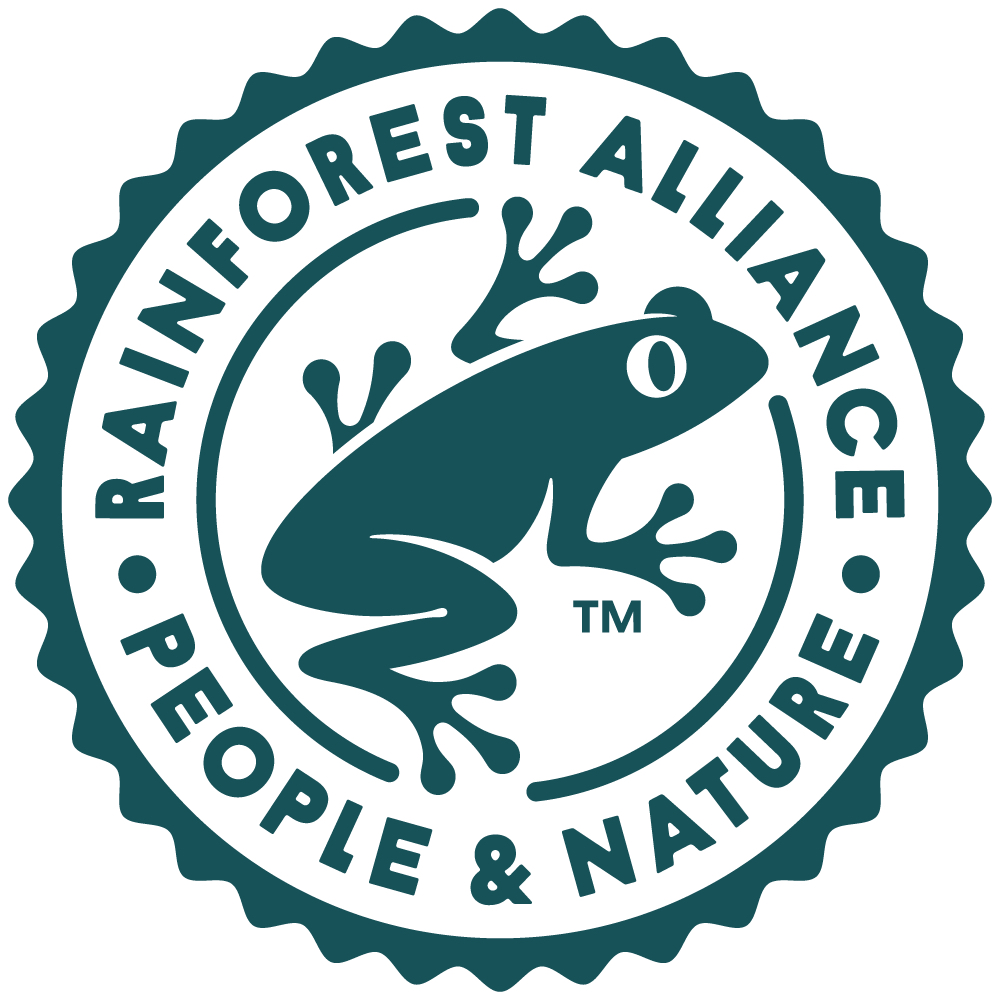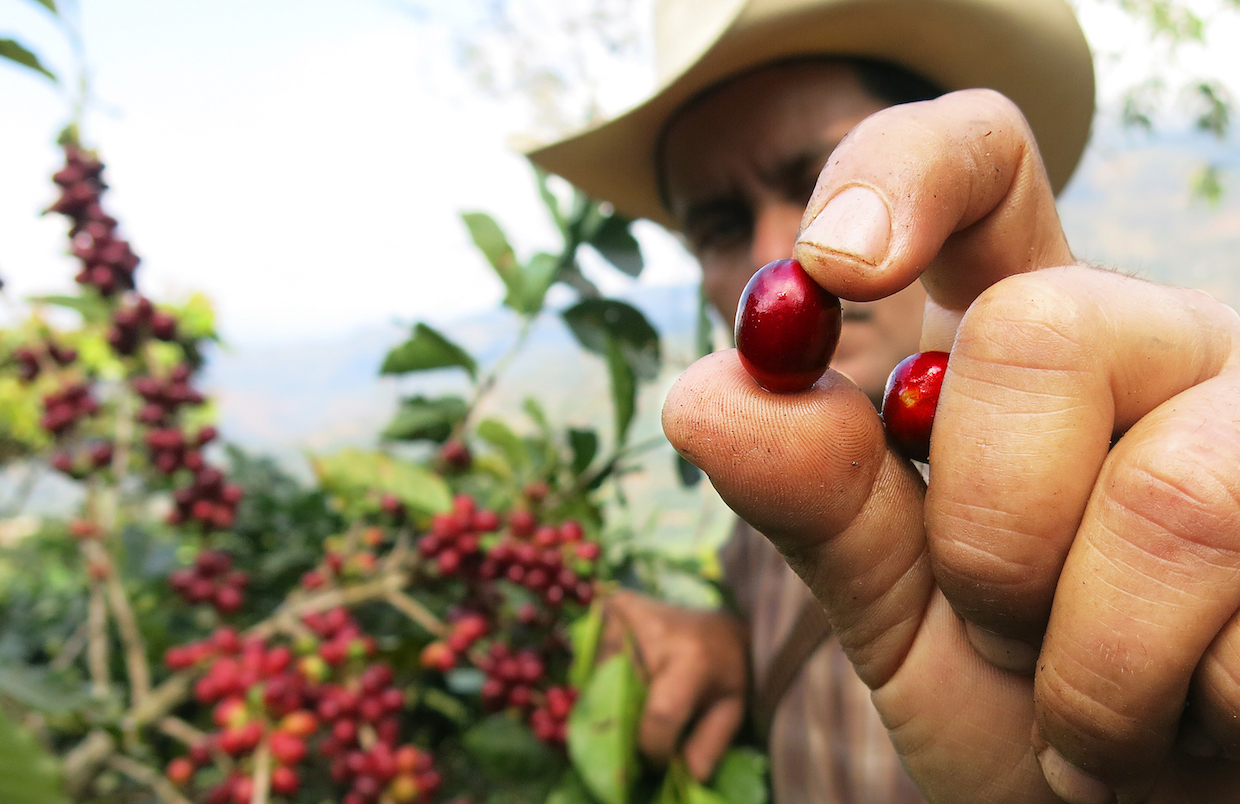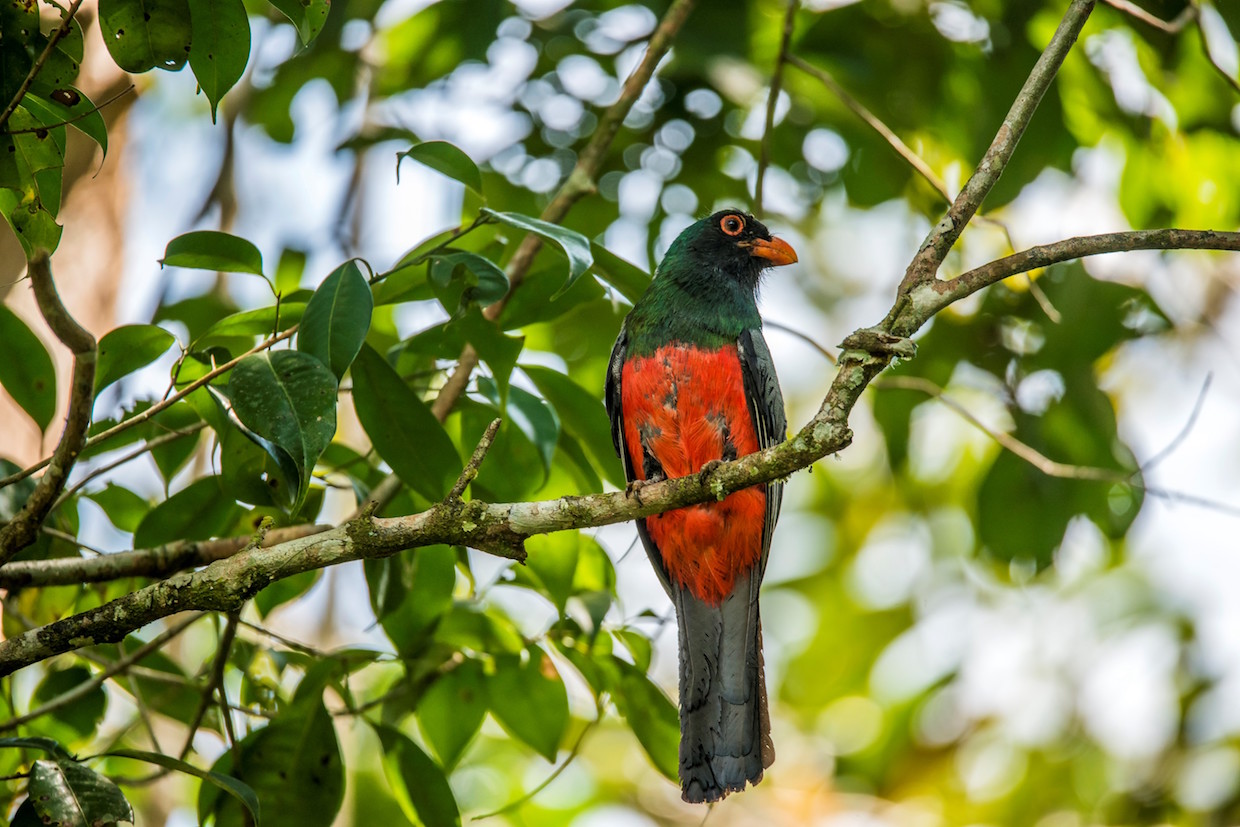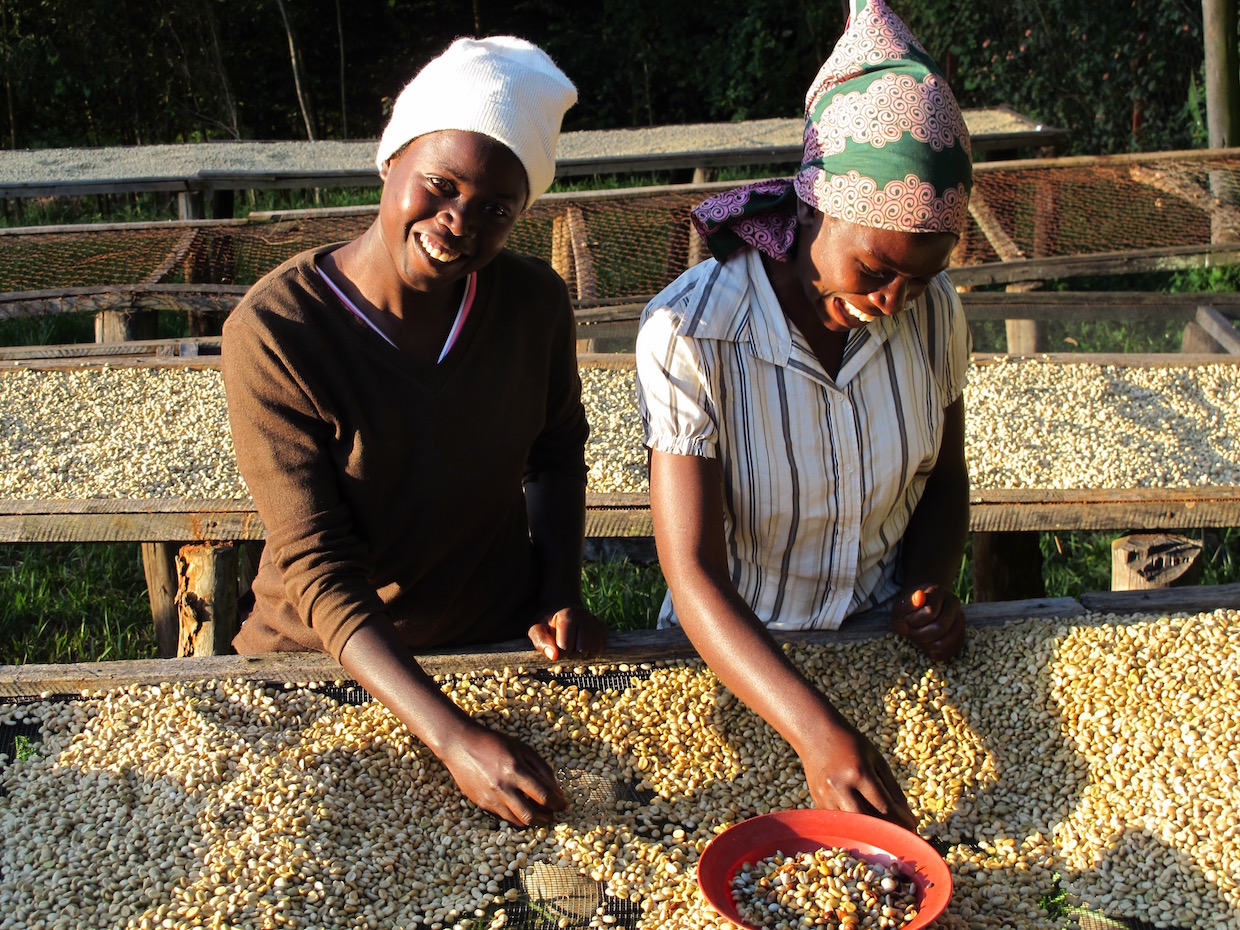Just over three years after leading agricultural certification agencies Rainforest Alliance and UTZ announced plans to merge under the Rainforest Alliance name, the group today unveiled its sweeping new certification program.
Expected by the global nonprofit organization to be adopted by an existing network of at least two million farmers around the world, the new certification program will replace existing Rainforest Alliance and UTZ certification programs beginning in mid 2021.
The “program” in this case comprises a new Sustainable Agriculture Standard, including separate farm requirements and supply chain requirements, as well as new compliance procedures and documents. It has been two years in the making, including following input from more than 1,000 people in more than 50 countries, according to Rainforest Alliance.
Even before the merger, Rainforest Alliance and UTZ have already helped many of the world’s largest coffee brands achieve baseline certification towards environmental, social and economic sustainability in their supply streams. Rainforest Alliance currently estimates that more than 400,000 coffee farmers with more than 1 million hectares of farmland are currently engaged in Rainforest Alliance certification.
In writing, at least, Rainforest Alliance has maintained that the new program will be even more attuned to the needs and working realities of coffee farmers and producer groups, who remain far more vulnerable to risk than do buyers of green coffee who then roast it and sell it with the new Rainforest Alliance seal. It promises more “shared responsibility” in funding and supporting sustainable practices in coffee production.
One of the most meaningful changes to the 2020 program is a mandatory sustainability differential above the market price — a.k.a. a price premium paid to farmers in cash — that will be required by companies for certification. There is also a required sustainability investment component. The Rainforest Alliance has not yet calculated what the minimums will be for either of these investment types in the coffee sector.
“The new certification program incorporates new tools to support farmers and companies to set clear sustainability targets and focus investments to improve positive impacts for people and nature,” Rainforest Alliance Director of Standards and Assurance Ruth Rennie said in an announcement of the new program today. “These tools and innovations will support more resilient agriculture and help make responsible business the new normal. This is increasingly urgent in our age of climate change, biodiversity loss, and global inequality.”

The new Rainforest Alliance seal, unveiled in May, which reinforces the connection between people and nature.
Developed with input from more than 1,000 people in more than 50 countries, according to Rainforest Alliance, the new certification requirements are generally moving away from a binary “pass/fail” method towards what RA has described as an “assess and address” approach to numerous requirements, including some related to human rights issues such as child labor, forced labor and workplace violence at the producer level.
“Rather than imposing a simple ban that often drives the problem underground, the new approach focuses on assessing the risks and engaging local communities to work together to prevent and address the issues wherever and whenever they may occur,” the group stated.
Additionally, the group is touting the 2020 program’s approaches towards climate-adaptive agriculture, the increased use of data as a tool for both farmers and corporations, increased social and environmental standards throughout the entire supply stream, and more.
Beginning this September, the group is rolling out a training program and supportive technology to farmers all over the globe. The 2020 standard is scheduled to take effect in July of 2021.
We hope to bring you more details on the new standard and how it compares to previous RA standards, particularly in terms of environmental protections and shared responsibilities between farmers and corporations.
In the meantime, the group is hosting a series of webinars on the new standard on Thursday, June 9. Featuring Rennie and other RA representatives, the webinar “Introduction to the Rainforest Alliance 2020 Certification Program” will take place at 9 a.m. or 5 p.m. (CEST, Amsterdam).
Nick Brown
Nick Brown is the editor of Daily Coffee News by Roast Magazine.
Comment
4 Comments
Comments are closed.









This is great news for Fair Trade Coffee!!!
https://youtu.be/mTy6jgVbcvE
“Sweeping New Certification” is right! They will be sweeping problems under the rug, or canopy. A price minimum over the C? What a joke. Only some creepy exporters pay the C, the rest of the world always pays above it because there are country premiums at the very least. So saying you will institute some sort of premium above the C is a misleading standard, especially if they haven’t even said what it will be yet! And don’t forget the exporters who buy one container at RF special premium prices but then buy two others for the C or less. It’s an old trick that was also used in early Fair Trade days.
There are a lot of really well-intentioned people in the coffee world and those trying hard to change an often corrupt system. And then there are those making a killing while farmer merely try to make a living.
No pass/fail? Seriously? That gives exporters and larger farms an out, because they will address the problem with a plan for the future. Just like Starbux did with child labor in Guatemala. Back in the early nineties they were caught buying from farms using child labor (“I’m shocked! I’m shocked!”) and spent years developing practices to avoid that, yet here we are in 2020 and they still get nailed for it. Pass or fail is the only way to hold companies accountable, not a namby-pamby geez we’ll let you figure it out over time system. Zero points for child labor? We will balance that with ten points for clean bathrooms for your underpaid labor. Sounds like the CAFE practices of Starbux Ethic Sourcing hubris.
And care to explain your new shade requirements? Definitely not for the birds.
Esto de la certificacion es una farsa. No representa un factor que sirva para obtener precios justos por parte del productor.
We have entered a post certification world and these folks are trying to reinvent a defunct mechanism. They should be the architects of this new order rather than bamboozling us into extending their tenuous remit